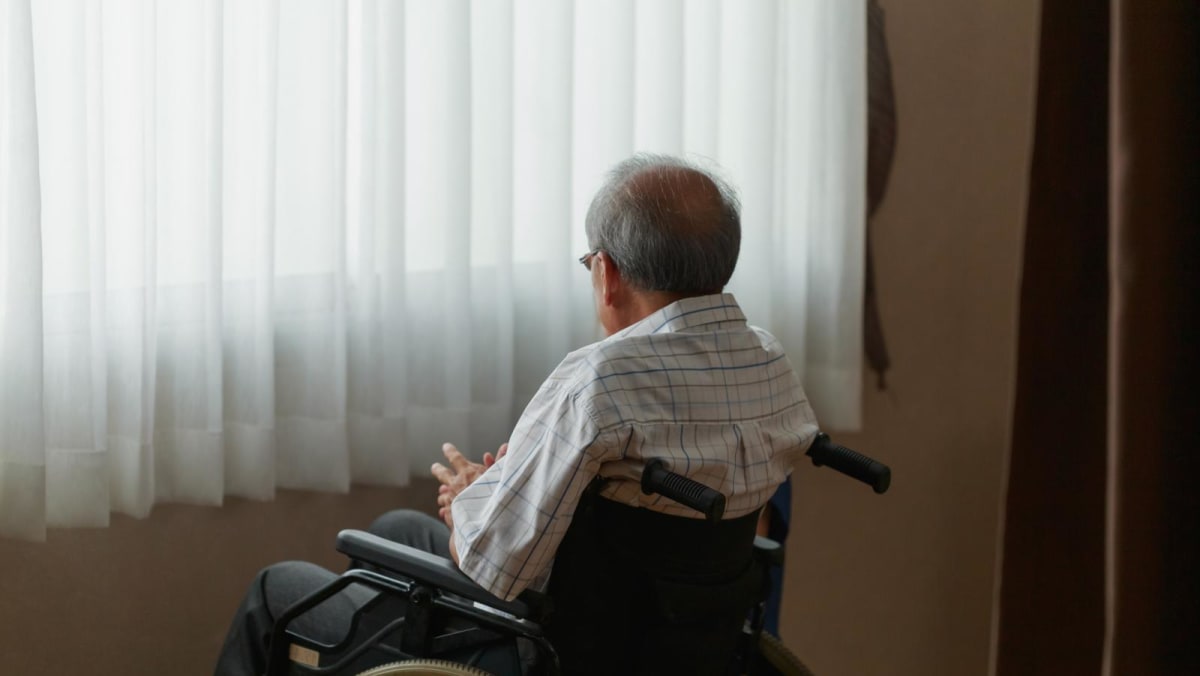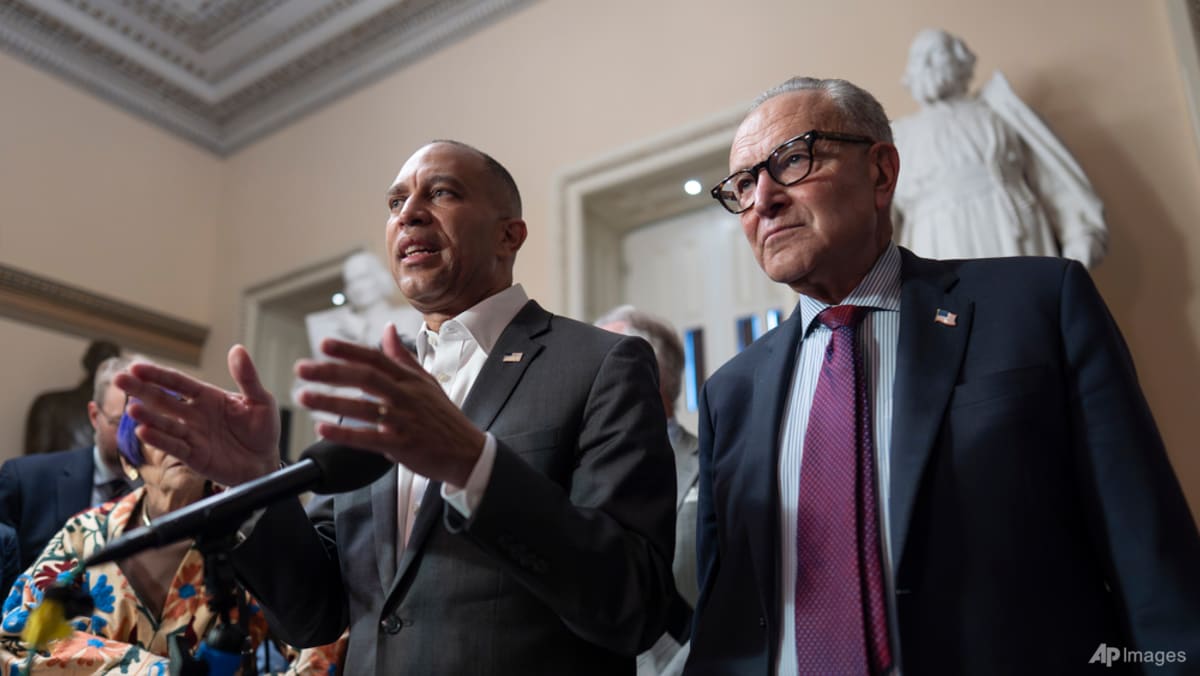SINGAPORE: A recent Oxford study suggesting that certain vaccines may help reduce the risk of dementia has drawn interest from medical professionals in Singapore, but they said the findings are still too preliminary to influence clinical practice.
Released in June, the study analysed health data from nearly 437,000 individuals in the United States. It found that those who received either the shingles vaccine or the respiratory syncytial virus (RSV) vaccine – both of which contain the AS01 adjuvant – had a lower risk of developing dementia within 18 months.
Specifically, the RSV vaccine, Arexvy, was associated with a 29 per cent reduction in risk, while the shingles vaccine, Shingrix, was linked to an 18 per cent reduction.
Researchers believe the AS01 adjuvant, a substance used to enhance immune response, may be the key factor behind this potential benefit.
“It gives us a possible explanation that the secret recipe may lie in the adjuvant,” said Dr Philip Yap, a senior consultant in geriatric medicine at Khoo Teck Puat Hospital.
“The adjuvant is actually given in these recombinant vaccines to boost its efficacy,” he said. “When you give an adjuvant, the vaccine is supposed to elicit a stronger immune response, like a booster.”
EVIDENCE STILL “TOO WEAK”
Despite these encouraging findings, Dr Yap and other dementia specialists in Singapore stressed that the results should be interpreted cautiously.
Dr Chong Yao Feng, a consultant in the neurology division at the National University Hospital, said that while the study was “well done”, it was epidemiological in nature – based on observational data rather than randomised controlled trials.
“The nature of epidemiological studies is that they demonstrate associations but not causations, unlike randomised controlled trials.”
He expressed concerns about how the study would be interpreted and whether it could influence actions by individual patients or by health authorities.
“We cannot repurpose shingles or RSV vaccines for dementia prevention on the basis of this study alone,” Dr Chong said. “Neither should individual patients sign up for these vaccinations with the belief that their risk of dementia is reduced. The current evidence is too weak for such actions to be taken.”
Others said that longer-term studies are necessary before drawing firm conclusions, particularly since the effects of introducing these vaccines into the immune system need to be carefully examined.
Dr Zhao Yi Jing, a neurologist at Mount Elizabeth Hospital, said the 18-month window observed in the study is too short to assess long-term effects on a condition like dementia, which often takes decades to develop.
The pathological process of dementia can begin 10 to 20 years before clinical symptoms appear. The study does not provide enough evidence to show that the vaccines can prevent dementia or slow its progression in patients, she said.
Still, Dr Zhao acknowledged that the idea is not without precedent. Other vaccines have been used to treat other diseases, such as the hepatitis vaccine being used to prevent liver cancer.
“It’s still too early to tell, but it’s not like it hasn’t happened before. But when you do that, there are a lot of ethical regulatory considerations,” she added.













